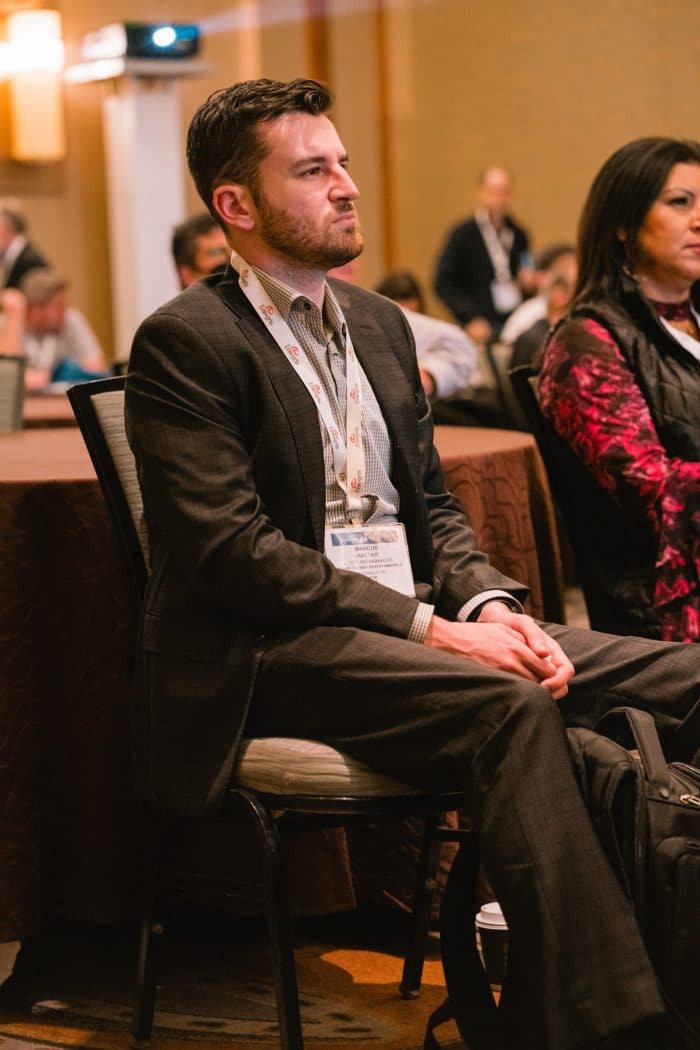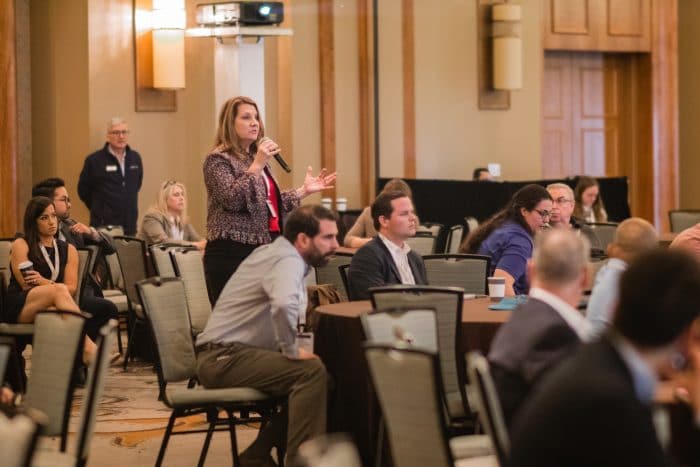How to Get Tax Recoveries for Your Manufactured Chemicals
Expansion of the duty drawback program and reinstitution of Superfund taxes through the bipartisan Infrastructure Bill makes 2022 a particularly critical time for specialty chemical companies to address tax mitigation strategies.
With companies across the industry inquiring to see if their manufactured products are considered taxable substances and eligible for tax refunds, Alessandra Mediago & Matthew Anderson, with longtime SOCMA member Charter Brokerage, offered a brief primer on what these are, how they impact your companies and next steps at the Specialty & Custom Chemicals Show. Below is a brief snapshot of key session takeaways.
Drawback
What is Duty Drawback? Duty Drawback is a program under Customs and Border Protection (CBP) that provides for the refund of import duties, taxes and fees when an import can be matched to an export. Under Manufacturing Drawback, a company might import a raw material that is used to produce a finished good. If the manufactured, finished good is subsequently exported, the manufacturer could claim back the duties paid upon import of the raw material up to the amount that was used in the production process. As many members of SOCMA are chemical manufacturers, this process is quite regular and can be an excellent way to return monies back to their company. Under Unused Drawback a company might import a raw material and, if subsequently any product that is in the same 8-digit Harmonized Tariff Code is exported, the company could claim back duty paid on the previous import of the raw material.

How does Duty Drawback impact specialty chemical companies? Many specialty chemicals are subject to import duties, taxes and fees. Particularly with the advent of punitive duties on imports from China (commonly referred to as 301 duties), specialty chemical companies are finding themselves paying more duties resulting in higher landed costs. Duty Drawback can refund those import duties, taxes and fees and provide significant financial benefits, making your company more competitive.
What steps should companies take to apply for these refunds? The first step a company should take is to evaluate their potential for duty drawback. This can be done by examining how much of their products are being imported, either directly, or through a supplier. Under drawback rules, the supplier can endorse the drawback rights to their customer. If duties are paid either by direct imports or through a supplier, the next step is to evaluate available exports, either direct exports or through a customer who exports. If the above evaluation shows a potential for duty drawback refunds either through unused merchandise or via manufacturing, it would be advisable to have an experienced drawback firm help navigate the filing process as the drawback laws and regulations can be quite cumbersome and complex.
Superfund
What is Superfund? The Comprehensive Environmental Response, Compensation and Liability Act (CERCLA) is commonly known as “Superfund.” Superfund allows the Environmental Protection Agency (EPA) to clean up contaminated sites. This activity is funded by excise taxes enforced by the Internal Revenue Service (IRS) on certain chemicals and chemical substances. The Superfund law was reauthorized in November 2021 and is effective July 1, 2022. The Reauthorized Superfund includes a doubling of the tax rates on Taxable Chemicals and expanded the Taxable Substances list from 50 substances to 151 substances as of now.
How do people know if they are on these taxable lists? Both the Taxable Chemical list (26 USC 4661) and the Taxable Substance list (26 USC 4672) are widely published and list both the Chemicals and Substances. A company should be aware that the Substance list will continue to grow, as the industry adds new Substances to the qualifying list.
How does Superfund impact specialty chemical companies? Both domestic producers of Taxable Chemicals and importers of Taxable Chemicals, or Taxable Substances, will be subject to the Superfund tax. These parties will be required to comply with the IRS excise tax deposit and excise tax payment laws and regulations.
Importantly, exporters of Taxable Chemicals and Taxable Substances are eligible for excise tax credits, which can mitigate the impact of this new tax and allow your company to compete in the international marketplace.

Next steps for these companies? A company should review the Taxable Chemical list (for domestic production, and for imports) and the Taxable substance list (for imports) to determine if they have liabilities for remittance to the IRS. The company should also review their export items to determine if any qualifying Chemicals or Substances are being exported. This would include shipments to Canada and Mexico. If products are being exported, there would be appropriate credits available for filing. Since members of SOCMA are active in the chemical space, it is especially important that every member review these lists so they are aware of their tax liability and any potential credits that could be available.
Charter Brokerage (A Berkshire Hathaway Company) is a full-service licensed customs broker and tax services firm operating in North America. As a long-term member of SOCMA, Charter Brokerage specializes in providing tax mitigation services, including duty drawback and Superfund services to the specialty chemicals industry. For more information about Drawback, Superfund or other services, please visit their website at www.charterbrokerage.net.
Categorized in: Uncategorized